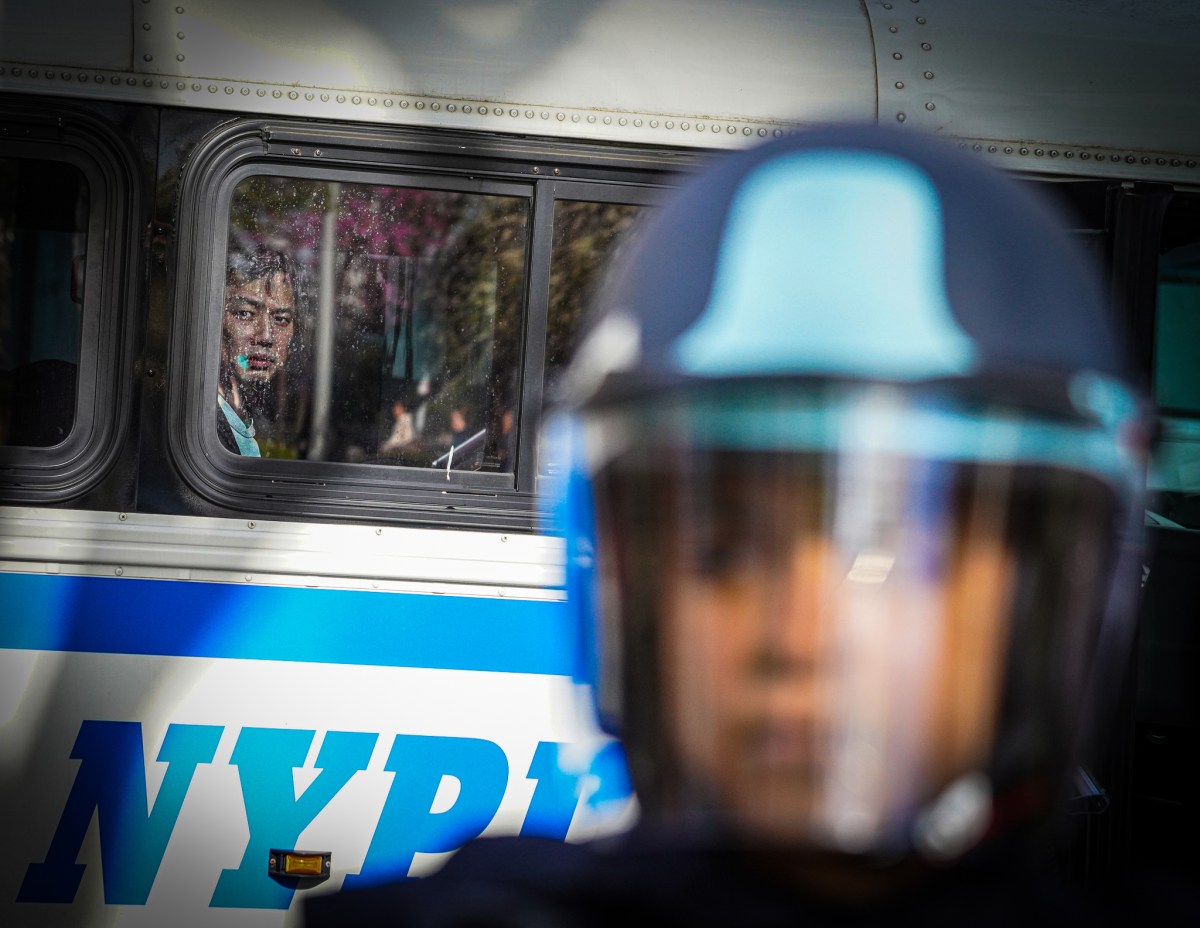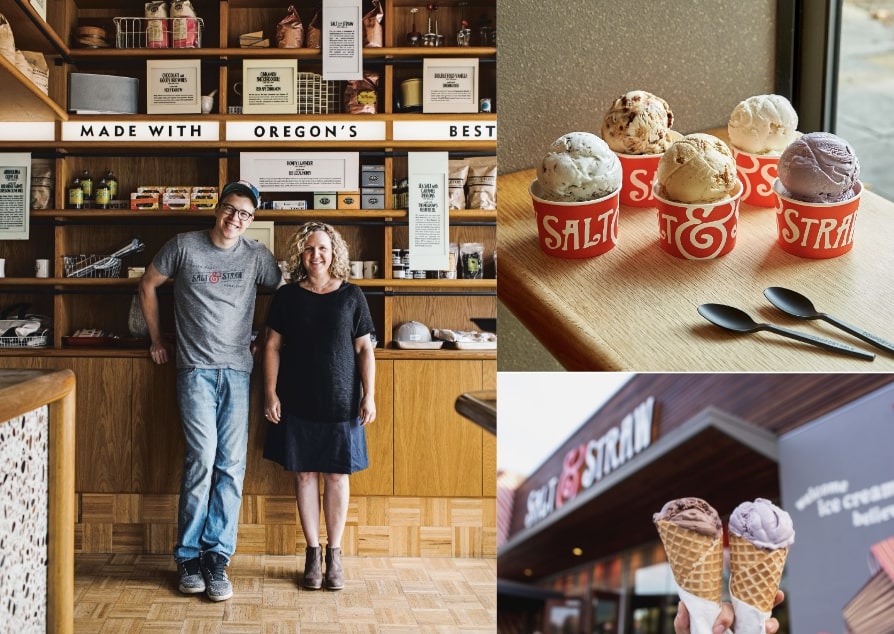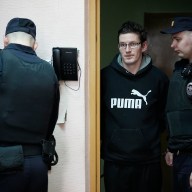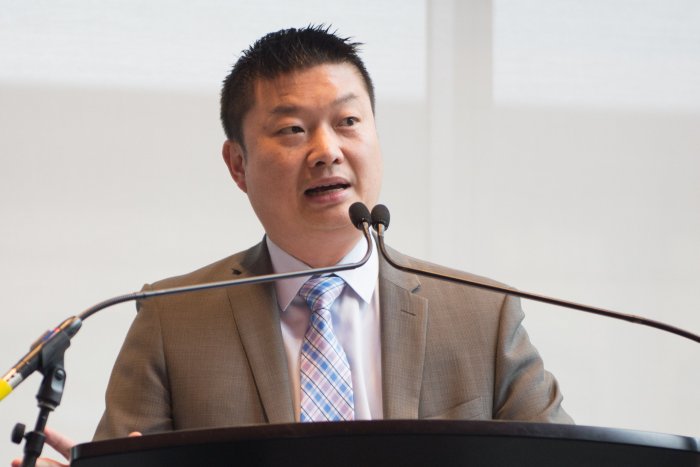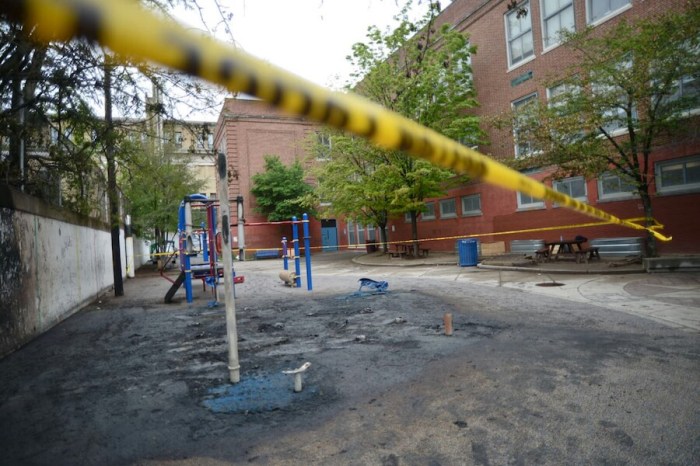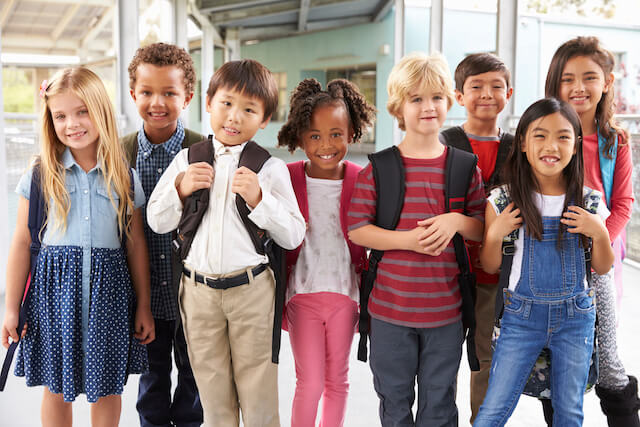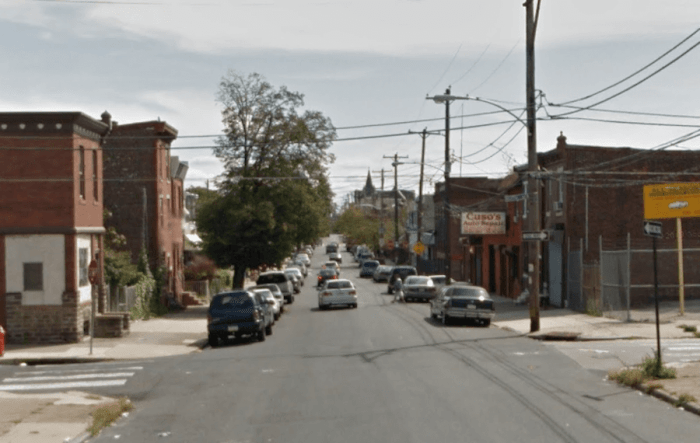Former “Arrested Development” and “Parenthood” star Mae Whitman heads back to high school for the smart and snarky “The DUFF,” playing a whipsmart senior who realizes she falls into the classification of her clique’s Designated Ugly Fat Friend. Needless to say, she doesn’t take it well. The subject matter — and high school in general — also offered Whitman a handy parallel for some of what she’s seen in Hollywood. So was any of this terminology familiar to you before you read the script? What do you think of the concept, which is actually probably not exclusive to teenagers? This might not be a totally new concept, but it’s very easy to compare high school to Hollywood. What are some of the frustrations you’ve experienced in Hollywood? To that end, what sort of stuff do you look for now. I imagine “Parenthood” might have taken something of an emotional toll on you. And do you still get a lot of people going, “Her?” when they see you? Follow Ned Ehrbar on Twitter: @nedrick
It wasn’t, actually. I’d never heard of it, but after I did hear of it I was asking around and some people that had younger brothers or sisters told me that they’d heard of it.
I mean, to me it’s definitely not. The reason I really liked this was because I felt like I related to it in pretty much every aspect of my life. I definitely was bullied in high school, and I still sort of feel like I tend to get categorized in Hollywood or whatever. People try to label and contain and limit you and put these categorizations on you that you don’t necessarily identify with yourself. I would like to see this, as somebody who was in high school and then got out, to reflect on my scenario there and what it was like. Now that I have an outside perspective and I feel freed from that being my only idea of the world, it’s nice to look back. There was a girl at my high school who wore cool, high-waisted ’90s jeans and tribal shirts and listened to jazz and classical. Everybody thought she was so weird, but if I’d watched her story from the outside as an adult, I would’ve been like, “That person is so interesting. I want to hear their story.”
Oh, absolutely. It’s not always the easiest to escape it, and there are always elements of that. It’s human nature. There tends to be a real human need to contain. Especially when people feel threatened by something they don’t understand, they tend to try to limit it or keep it down or put labels on it so that it doesn’t overgrow what they’re afraid they might not have. I think that’s a very real situation for everyone.
I don’t have a big handle on it. For me, I try to just really stay as true as I can to my intuition and and not really let a lot of the other stuff get in. I have been working for a long time, since I was a little kid, and I remember early on my dad being like, “Do not take it personally, whatever you do.” It really feels personal because you’re putting yourself out there and people are basically going, “You’re not good enough” or “You’re not skinny enough” or “You’re not pretty enough,” all that stuff’s a very real thing. It’s just limiting for everyone. When people don’t see outside certain parameters, I think they miss out on a lot of opportunities to really find some interesting truth.
It’s a new, weird frontier for me because “Parenthood,” the show I was on for six years, just ended so I’m unemployed. There’s no specific criteria, but I look for something where there’s a character arc, and I look for something that feels like there’s a message I can get behind, or just if there’s an honesty. Just something real and honest and full, where people are not two-dimensional. It’s such a weird thing because you spend time on a series for six years and then you come off of it and you find that your energy is both drained and really specifically focused onto doing things that you know you could bring a lot to.
Absolutely, it did. There were definitely really tough days and tough weeks, and it was always really emotional, but it was always natural. The crew would put all three cameras in one room and let us improvise, so there was no turnaround. You’d go in there and not know what to expect but you’d have to be honest and you’d have to be ready to react as the person that you were playing.
All the time. But you know, I’m so proud of that. I’m so honored that I got to be a part of “Arrested Development.” To me, that show is the funniest show that has ever been on television, and I loved that character. I adored her. I think she was so interesting as opposed to what people saw of her. She had this really creepy, pervy, throbbing energy underneath. She was weirdly smart and conniving. When you choose projects that you love and invest yourself in them, then every interaction that you have about people appreciating those things is really pleasant. I definitely feel really lucky.
Mae Whitman takes on Hollywood’s ‘DUFF’ problem
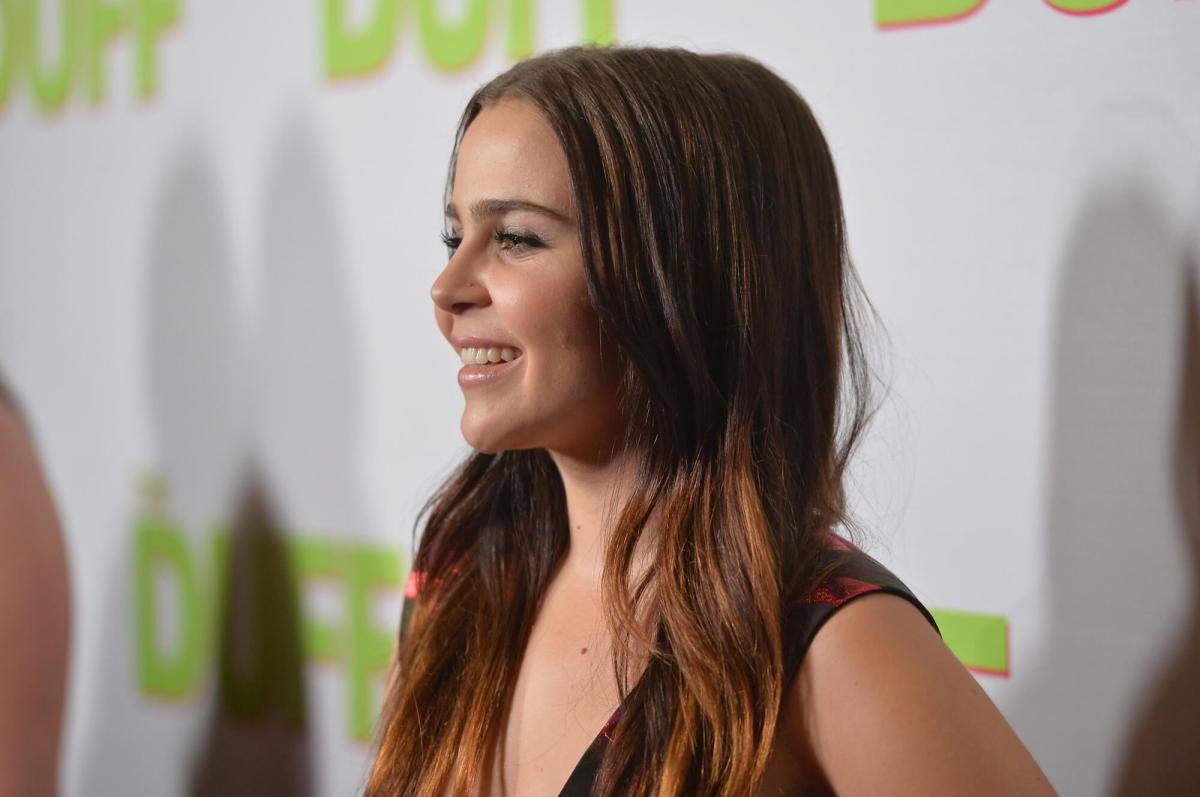
Getty Images






